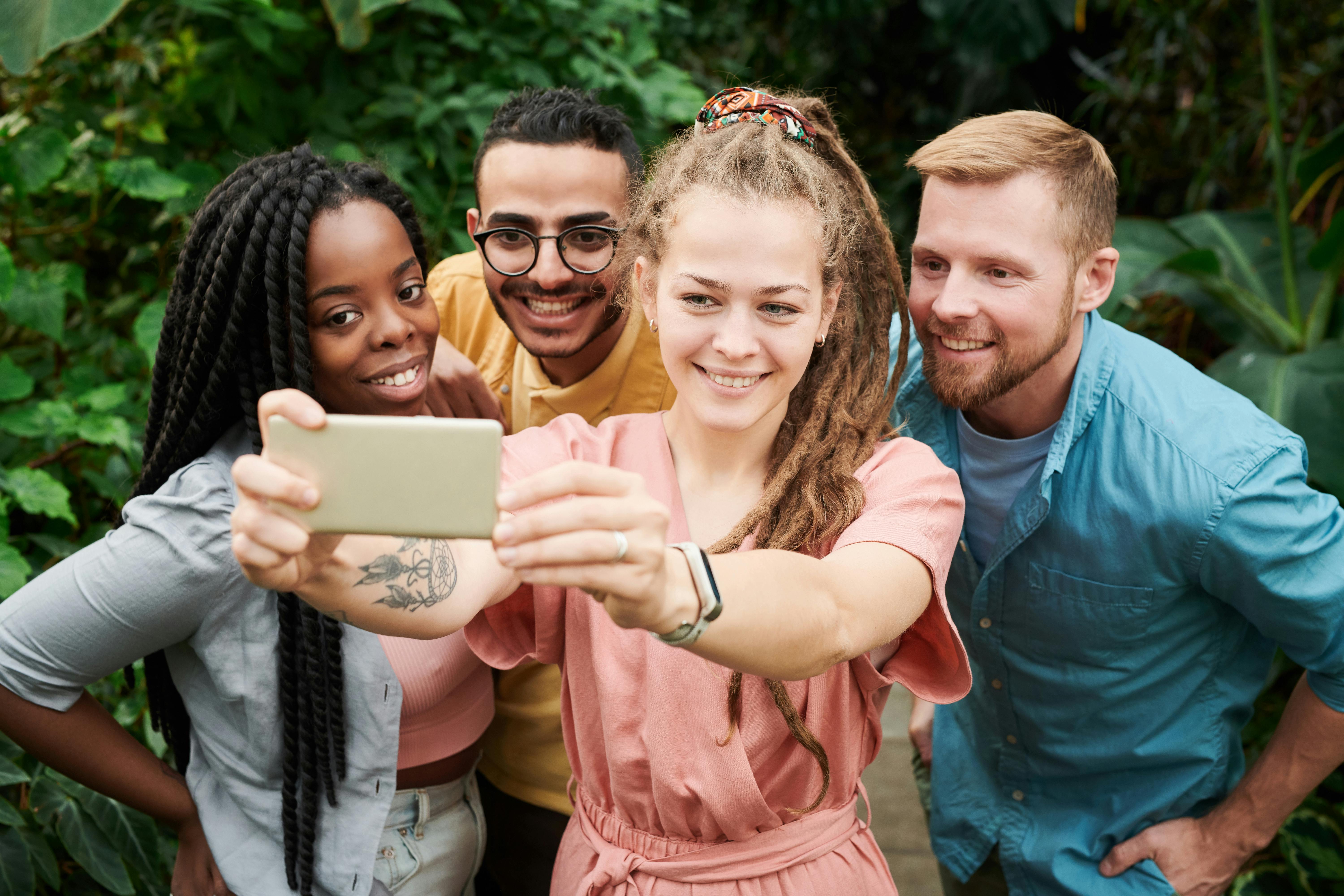The Refurbished iPhone Price Factor
While you’ll certainly want to keep the notion of getting a good price when buying a refurbished iPhone in the back of your mind as you shop, don’t assume that a great price is the only thing you need to consider. Extraordinary prices are certainly attractive when a consumer is checking out all the available options, but all-time low prices are not necessarily an indication of quality in all cases. In addition to the price factor, other things should be considered, such as the condition of the iPhone, whether or not there is any visible damage on the iPhone, whether or not the phone is blacklisted, and whether the seller providing the refurbished iPhone has or not a reasonable return policy.
Checking the condition of the refurbished iPhone
The best way to ensure you get an iPhone in good condition is to closely examine the phone for signs of wear and tear or ask the seller to clearly describe and examine the exterior of the iPhone for scratches, nicks, or areas of damage. identifiable. Once the exterior of the refurbished iPhone has been thoroughly evaluated, the consumer will want to check whether or not the iPhone has been damaged by exposure to water.
It doesn’t matter what type of iPhone a consumer is thinking about buying: a 4gb refurbished iPhone, 8gb refurbished iPhone or 16gb iPhone all have built-in moisture detectors that will immediately reveal if the phone is water damaged. Of course, you can always question the seller and ask if the item has had water damage in the past, but it’s much safer to investigate whether or not the refurbished iPhone has been physically damaged by water. Checking for water damage is simple; When looking to buy a refurbished iPhone, you can gently lift the iPhone battery to see if there is a small white colored dot under the area where the battery sits. When checking under the refurbished iPhone for the moisture indicator, if the consumer discovers a small red dot or no dot at all, this is a clear indication that something is wrong and the iPhone has been exposed to moisture.
Making Sure Refurbished iPhones Are Not Blacklisted
When a consumer buys a 4gb, 8gb or 16gb Apple iPhone, whether the iPhone has been locked or blacklisted, it doesn’t really matter if the phone has no water damage or exterior damage. When a refurbished iPhone is blacklisted, it will not work completely. You also need an electronic serial number aka ESN that is clear or once again the iPhone won’t work. Stolen iPhones are blacklisted and cannot be activated.
If an iPhone is considered bricked, this limits the carrier that the refurbished iPhone buyer can work with. When one buys a refurbished iPhone, it is important to be fully aware of whether it has a locked status. A locked AT&T iPhone will not work with T-Mobile, even if it is on the GSM network.
Look for a reasonable return policy
If you’re buying a refurbished iPhone, look for a dealer or dealer that provides a return policy. This is vital if you’re buying a refurbished iPhone in person from a dealer, and especially if you’re ordering an iPhone from an online seller. Once the item is received, it must be inspected, assessed for damage, and tested. It is imperative that the consumer ensure that they understand all of the rules presented in a refurbished iPhone seller’s return policy.
For more information on getting great refurbished iPhones and tips on buying refurbished iPhones, visit the usediPhone.net link below.

